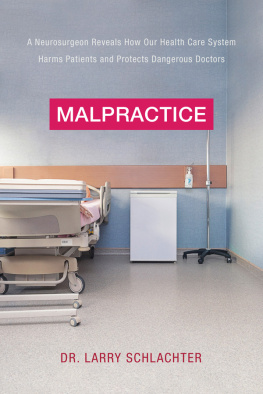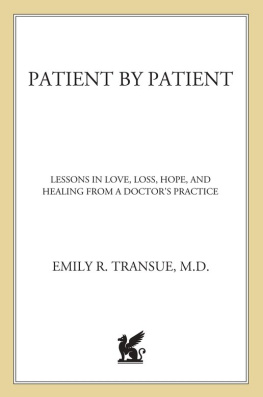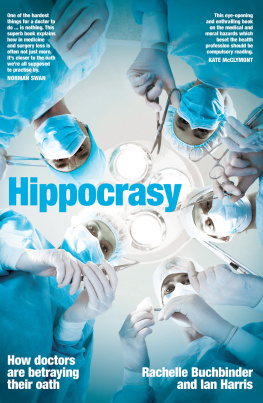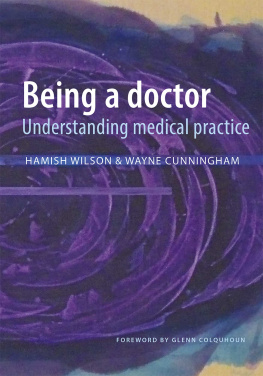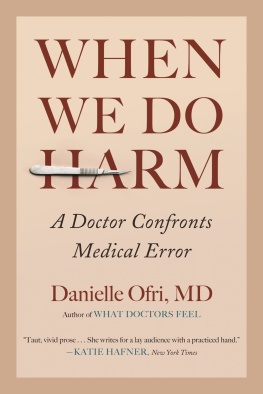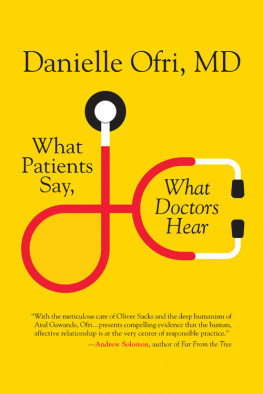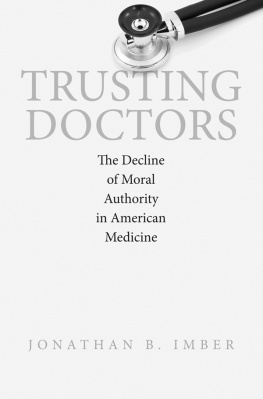Copyright 2017 by Lawrence B. Schlachter
All rights reserved. No part of this book may be reproduced in any manner without the express written consent of the publisher, except in the case of brief excerpts in critical reviews or articles. All inquiries should be addressed to Skyhorse Publishing, 307 West 36th Street, 11th Floor, New York, NY 10018.
Skyhorse Publishing books may be purchased in bulk at special discounts for sales promotion, corporate gifts, fundraising, or educational purposes. Special editions can also be created to specifications. For details, contact the Special Sales Department, Skyhorse Publishing, 307 West 36th Street, 11th Floor, New York, NY 10018 or .
Skyhorse and Skyhorse Publishing are registered trademarks of Skyhorse Publishing, Inc., a Delaware corporation.
Visit our website at www.skyhorsepublishing.com.
10 9 8 7 6 5 4 3 2 1
Library of Congress Cataloging-in-Publication Data is available on file.
Cover design by Rain Saukas
Print ISBN: 978-1-510-7-1259-1
Ebook ISBN: 978-1-510-7-1260-7
Printed in the United States of America
DEDICATION
I dedicate this book to those who have mentored and supported me throughout the years. They include my wife, Teri Schlachter, RN, for her devotion and counsel in expressing my thoughts and feelings; my parents, George and Mona Schlachter, for their love and sacrifices in providing me the capacities and the opportunity to pursue my dreams; my aunts and uncles, Charlie, Lou, Joe, Shirley, and Anne, who treated me as their own son; to Dean John Ryan, for his loving mentorship in law school; and to Judge Alan Blackburn and Tommy Malone, for their unending support in helping me develop my legal skills and practice.
Contents
Preface
W hen you seek health care as a patient, you probably believe that everyone involved is focused on you, is alert, caring, and competent, and that when they operate on you, they know exactly what they are doing. You trust that your health-care providers are people of integrity, and if they made a serious mistake that harmed you, they would be honest about it.
Unfortunately, the truth is that every doctor who has been practicing for any length of time has harmed a patient. Nobody bats 1.000. Many doctors, if not most, have killed at least one patient. Some of these injuries and deaths are unpreventable. However, the horrible reality is that hundreds of thousands of patients die, and many more are forever maimed, by preventable medical errors every year.
According to the article, A New, Evidence-based Estimate of Patient Harms Associated with Hospital Care in the September 2013 Journal of Patient Safety , about four hundred thousand patients in American hospitals are carried out in body bags each year, their premature deaths associated with preventable medical error. The same study estimated that another four to eight million patients are seriously injured by medical error each year.
A more recent study, published in the journal BMJ (formerly the British Medical Journal ) in May 2016, identified medical error as the third leading cause of death in the United States, behind only heart disease and cancer. Led by Johns Hopkins surgeon and patient safety advocate Dr. Martin Makary, the study found that if medical error were officially tracked as a cause of deaththat it is not tracked is a major problem of its ownit would be blamed for at least 250,000 deaths annually.
To make matters worse, most of their victims are left with no recourse. Those who pursue legal action often meet a court system heavily weighted in favor of doctors and their insurance companies. With very few exceptions, most dangerous doctors continue to practice medicine. Most doctors have never been sued, and of those who have, a majority won their cases. Very few of these negligent doctors are ever sanctioned.
Among the general public, doctors get the benefit of a huge halo effect. We routinely accept their diagnoses as being accurate, even though studies have shown that anywhere from 10 to 20 percent of diagnoses are delayed, missed, or altogether incorrect. Victims of negligence often accept doctors explanations that a tragic outcome was unpreventable. There are a thousand places where incompetence and negligence can hide in a hospital and within the medical culture. If a seminar leader were to ask a large group of doctors how many of them know an incompetent or dangerous doctor, most hands in the room would go up.
The vast majority of medical malpractice never becomes known outside of the hospital. Most medical error is not egregious or catastrophic enough to warrant the huge investment of capital to take it to court. Medical error is commonly buried in the hospital where it took place, never making it into the records, or the records are altered. Patients and their families have no way of knowing what happened to them, or whether their doctor is lying to them.
This is the world I live in, and I know it to be true. I am a licensed physician, a board-certified neurosurgeon, and a lifetime member of the American Association of Neurological Surgeons. I am also a plaintiffs attorney and I sue medical practitioners for malpractice when I think the preponderance of evidence justifies that conclusion. Mine is an unusual combination of talents and circumstances, and I will tell you more of my story in the coming pages. I have a doctors heart and compassion for both patients and doctors; I also have a lawyers awareness that great harm is sometimes done by physicians to patients through narcissism, carelessness, or ineptitude.
As a blue-collar Brooklyn boy, I graduated from a New York City public high school and college. I became a dentist, then a doctor, and eventually a neurosurgeon. I gravitated to neurosurgery because I knew it would demand the very best of me, and I loved the science of it. Today, as a forensic scientist, I apply what I know about the human body in generaland neurosurgery in particularto determine if patients with terrible outcomes have been victims of professional negligence. Mine is a highly technical field, and every case I look at has tragic human overtones.
For obvious reasons I have had to change names and some nonmaterial details to respect patient privacy and stay on the right side of the law. Many, if not most, cases of medical malpractice are settled with an agreement to be silent about the outcome, meaning none of the parties are free to disclose details of the settlement, including culpability of the medical practitioner. As you might imagine, the purpose of this agreement is to protect the doctor, not the patient.
I have great respect for the majority of neurosurgeons and other physicians who share my high ideals for our profession and who work hard every day to live up to them. The problem is that there are a number of doctors who should not be practicing because they are not only inadequate at what they do, but also dangerous.
Another major concern is that the system of health-care delivery does not demand physician accountability or full disclosure to patients. Consequently, when mistakes are made, they are not properly investigated and victims are not treated fairly. In spite of the so-called patient safety movement, hubris and greed prevent the system from policing itself successfully. In this milieu, patients have little recourse but to engage attorneys to seek redress for harm that was done to them and, especially, to discover the truth of what actually happened to them.

